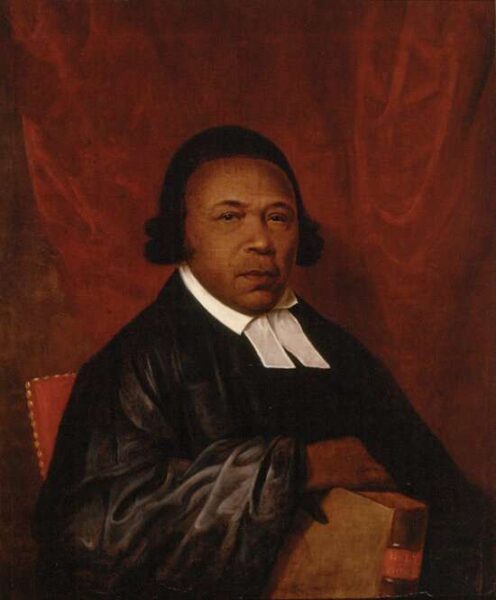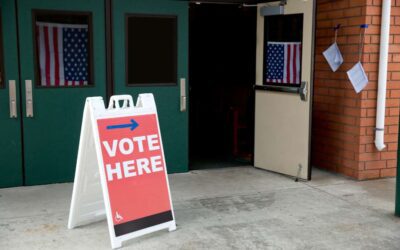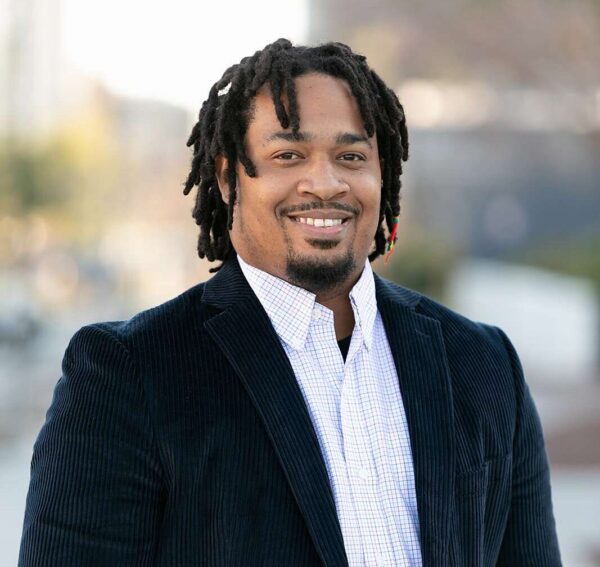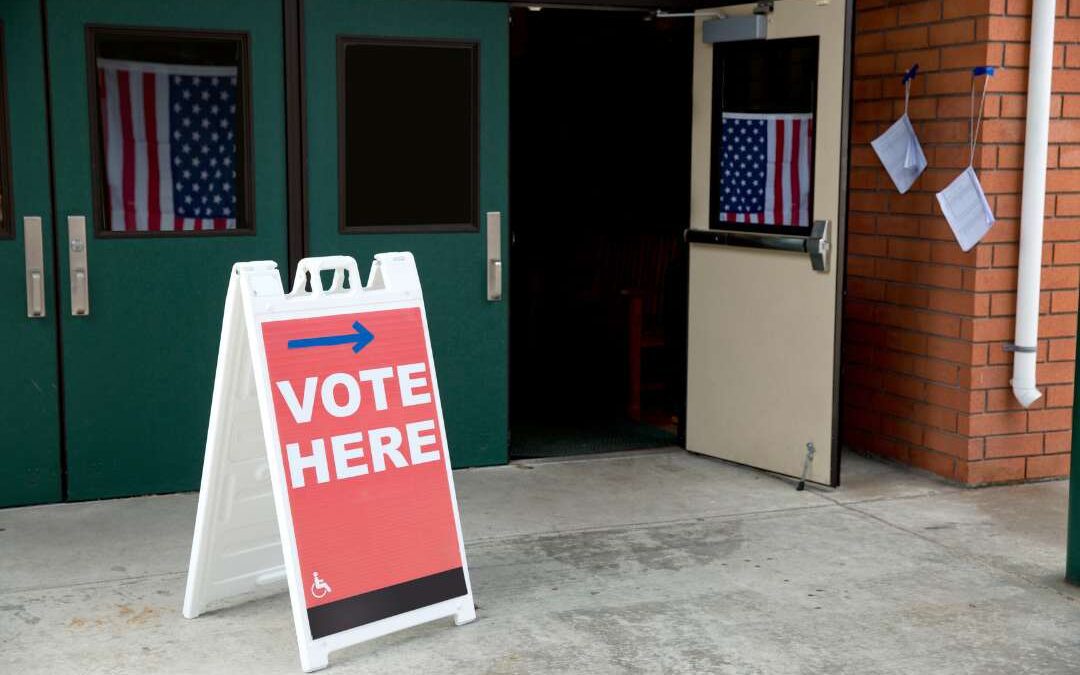Absalom Jones? 1746 was an important year in American history. First, the College of New Jersey (now Princeton University) was founded by Presbyterians seeking to equip ministers for gospel ministry. Although the institution has a divinity branch (Princeton Theological Seminary), the undergraduate school is popular among many and known as the fourth-oldest institution of higher education in the United States. Some notable alumni that have emerged from this historic school are former President Woodrow Wilson, former First Lady, Michelle Obama, and current CEO of Amazon, Jeff Bezos.
The second major event in 1746 was the birth of a man who grew up to focus on justice and equal rights for image-bearers of God. He was an anti-slavery activist. He became the co-founder of the Free African Society, a justice and mercy organization that cared for the poor and the sick, He became founder of St. Thomas African Episcopal, and the first ordained priest of African descent in the United States of America.
His name is Absalom Jones.
Jones was born a slave on November 7, 1746 on a plantation in Delaware. At the age of sixteen, he moved to Philadelphia with his enslaved family and continued his education at an “black only” night school. He would later purchase freedom for himself and his wife Mary King. Jones was a committed Christian and despite the hypocrisy of some white “Christians,” he was able to come into contact with the Living God.
Here is one example that stands out as grave hypocrisy that led Absalom Jones and Richard Allen to plant their own churches and organization. “In 1787, the white members decided black members should not pray at the same time as whites. Jones, along with Allen, learned of the decision when Jones and others were pulled from their knees during prayer. Jones, Allen, and the black members left the church (Simmons & Thomas, Preaching with Sacred Fire, 68).
Isaac Adams helpfully wrote, “There is a black church because white parishioners would not share their seats, despite the claim that they shared the same Savior with their black brethren.” How can it be that followers of Jesus would treat other image bearers in this manner? I believe the Bible has a strong word for those that treat others partially (See James 2). But despite challenging circumstances, Jones was still able to be used mightily by God.
A Thanksgiving Sermon
On January 1, 1808, Jones preached a memorable message from the book of Exodus to his congregation at the Episcopal Church that celebrated the abolition of the slave trade by Congress. Technically, in 1807, Congress voted to ban the importation of slaves into the United States, but it wasn’t effective until 1808. Jones begins his sermon by expositing Exodus 3:7-8. He states first, the affliction of the people of Israel, Second, how God did not forget them. He said, “Our text tells us that he saw their affliction, and heard their cry.” He continued by unpacking how God is a deliverer, that “came down from heaven in his own person, in order to deliver them out of his hands of the Egyptians. Glory to God for this precious record of his power and goodness.”
Jones then shifted to explain to his congregation how God sees them in their own affliction. Jones kept repeating, “he has seen…” “he has seen…” Detailing the horrors of the slave trade he says…“He has seen the anguish which has taken place, when parents have been torn from their children, and children from their parents, and conveyed, with their hands and feet bound in fetters, on board of ships prepared to receive them (Simmons & Thomas, Preaching with Sacred Fire, 71).”
Recounting the horror, Jones spoke of the power and effectiveness of prayer in ending the slave trade in the United States.
He concluded with five exhortations for his congregation:
- Let not our expressions of gratitude to God for his late goodness and mercy to countrymen, be confined to this day, nor to this house: let us carry grateful hearts with us to places of abode, and to our daily occupations; and let praise and thanksgiving ascend daily to the throne of grace, in our families, and in our closets, for what God has done for our African brethren.
- Let us unite, with our thanksgiving prayer to Almighty God, for the completion of his begun goodness to our brethren in Africa.
- Let us conduct ourselves in such a manner as to furnish no cause of regret to the deliverers of our nation, for their kindness to us.
- Let us be grateful to our benefactors, who, by enlightening the minds of rulers of the earth, by means of their publications and remonstrances against the trade in our countrymen, have produced the great event we are this day celebrating.
- Let the first of January, the day of the abolition of the slave trade in our country, be set apart in every year, as a day of public thanksgiving for that mercy.
Absalom Jones was an important figure that many may not have met, so if you’re meeting him for the first time, I encourage you to learn more about him and his ministry. May we imitate the ways that Jones reflected the character of Christ to the glory of God.
Prayer Requests:
- Pray that Christians would seek an accurate understanding of history so that they can better love their brothers and sisters from different backgrounds.
- Pray that God would give his children wisdom about present divisions that persist because of past sin.
- Pray for black churches to continue lifting their gaze to God in a world marred by racism.











